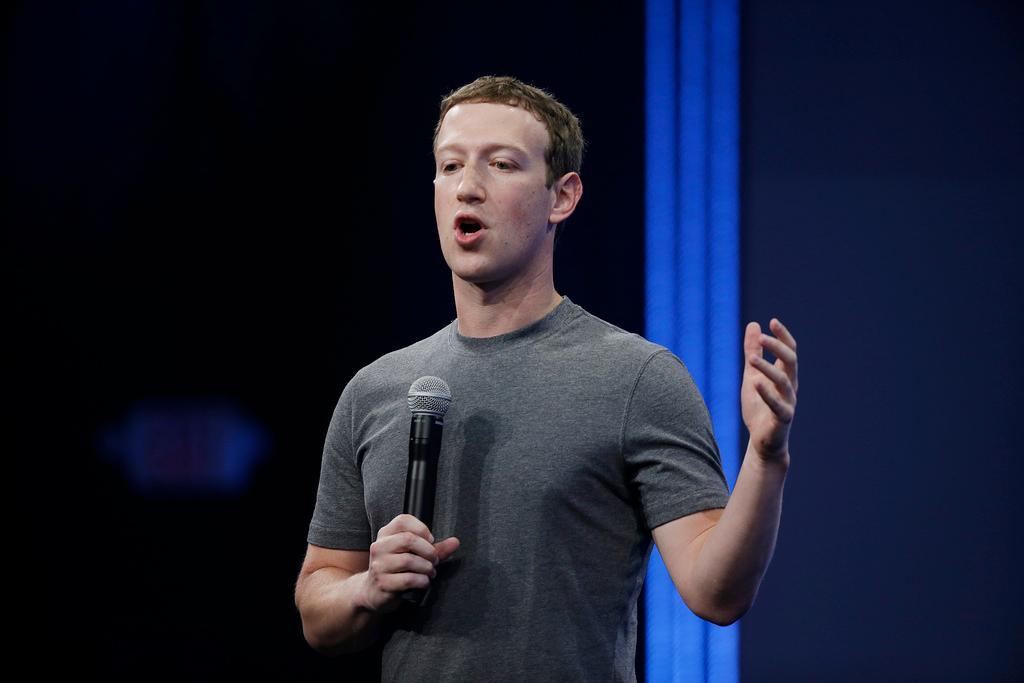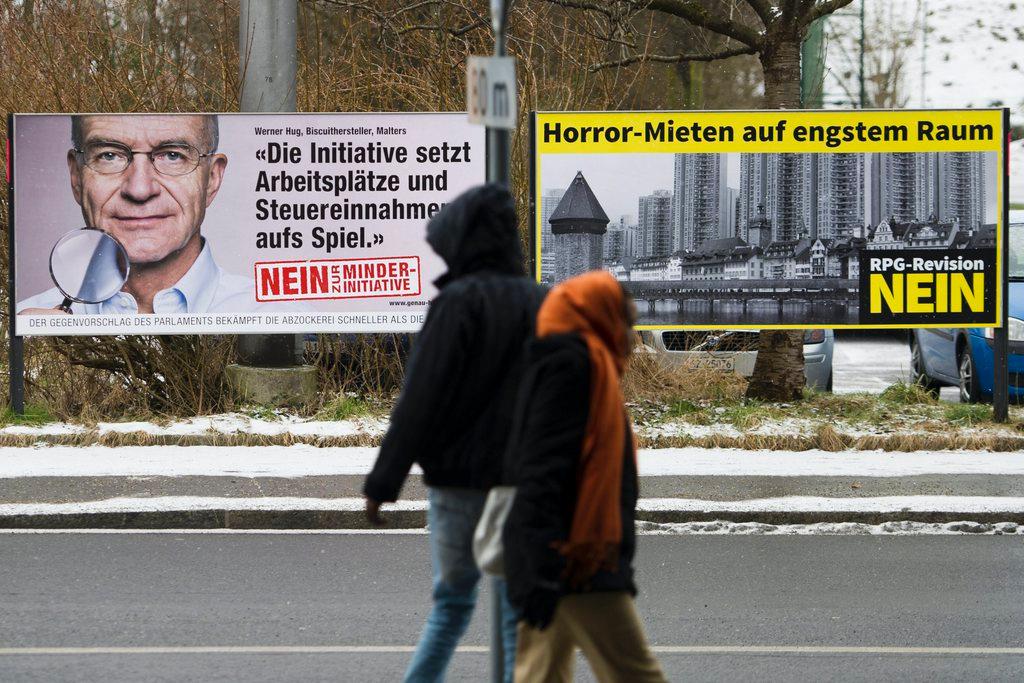Davos CEO elite misjudges both its fame and legitimacy

Opinion surveys float by and disappear. Every now and then, one lands with a splash because it seems to explain something important.
The annual Edelman Trust Barometer, which looks at reputations of business, government and other institutions, has this year come up with a striking opinion gap between “informed people” at the top and the rest of the population.
The informed public – university graduates who follow the media and have incomes in the top 25% – shows growing trust in institutions such as government and business.
The rest of the population does not. The first group is generally content and the second group isn’t. The two groups no longer understand, or even know, each other.
This is why many say they will support Donald Trump in the US or Marine Le Pen in France, or voted for Nigel Farage’s UKIP in previous British elections, while I (and, I bet, many of you) do not know anyone who would dream of doing such a thing.
Edelman says this disparity has grown in recent years. The gap between elite and mass opinion is particularly large in the US, the UK, France, India and Australia.

More
Financial Times
External linkThe gap isn’t only about trust in institutions. The two groups have different views of their futures. In the US, 63% of the “informed public” believe they and their families will be better off in five years’ time. Only 45% of the rest of the population believe that.
Nowhere, Edelman says, is this gap bigger than in attitudes to business. Trust in business generally increased across the world last year, as memories of the 2008 financial crisis began to fade – but there were still big differences between elite opinion and the rest and in half of the 28 countries surveyed the gap reached double figures.
The biggest gulf was in the US, where 70% of the elite trusted business, compared with 51% of the wider population.
As those business leaders at the very tip of informed opinion gather in Davos this week, there are other findings for them to think about.
Don’t you know who I am?
While people say they do not trust businesses, many have no idea who leads them. In Germany, 80% of those surveyed could not name a single chief executive. In the UK, the figure was 68%. Even in the US, home of the celebrity CEO, 53% failed to think of a single name.
The only business leader who achieved double-digit recognition across the ten countries in this part of the survey was Mark Zuckerberg, head of Facebook, who was named by 10%. Only Bill Gates came close with 8%.
Given bosses’ relative invisibility, perhaps it does not matter that trust in business is so low. Distrust may be something people express to opinion pollsters who ask them, while getting on with their ordinary lives of working and spending.
Except there is one other detail in the Edelman survey that should bother bosses more. Large numbers of people do not trust the only company they know really well: the one they work for.
In Japan, only 40% trust their company. In France, the figure is 48%; in the UK it is 57%. In the US, workers’ trust in their companies is a more respectable 64%, but this is still not great.
Technological divide
Many have noted these divisions before. In societies, there is a gap between those whose skills, education and parental wealth mean they can benefit from technology’s march, porous borders and increased immigration. At the other end are those who see their jobs disappear and their wage-bargaining power fall.
This division appears in many companies too, particularly large multinationals, where some are better placed to bid up their salaries and hold on to their posts because their skills mean they can easily get jobs with competitors.
Given that many of the jobs further down the organisation can be automated or outsourced, should business leaders care that those at the bottom are unhappy?
Their political counterparts at Davos clearly do need to worry because they have elections to win. Business chiefs are under less pressure but they should worry too. The discontent that comes from disparities in income, access to decent schools, housing and jobs threatens society’s stability and no business is immune from that.
Copyright The Financial Times Limited 2016

In compliance with the JTI standards
More: SWI swissinfo.ch certified by the Journalism Trust Initiative


You can find an overview of ongoing debates with our journalists here. Please join us!
If you want to start a conversation about a topic raised in this article or want to report factual errors, email us at english@swissinfo.ch.